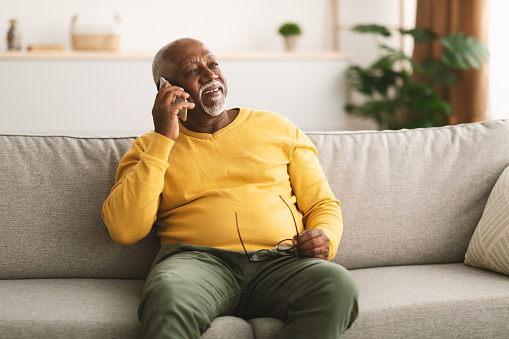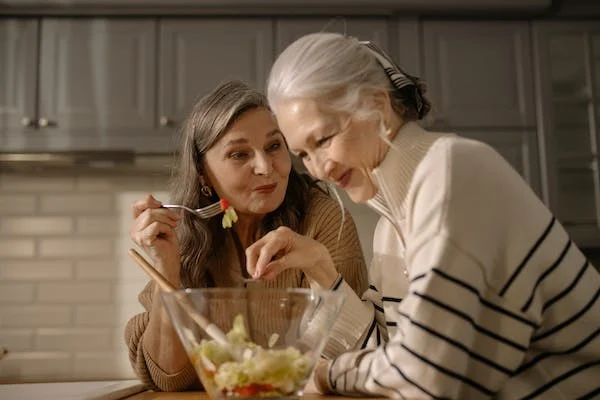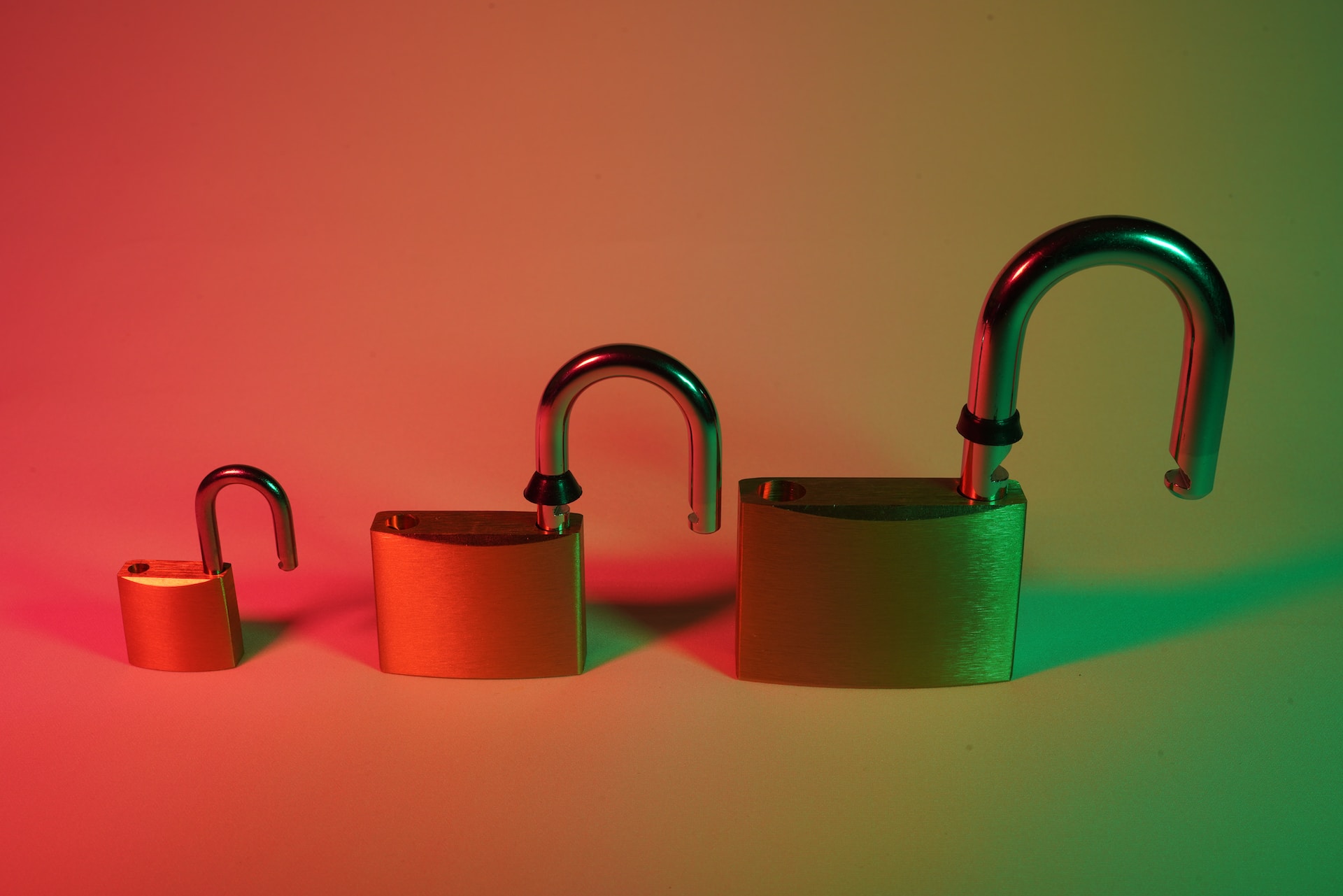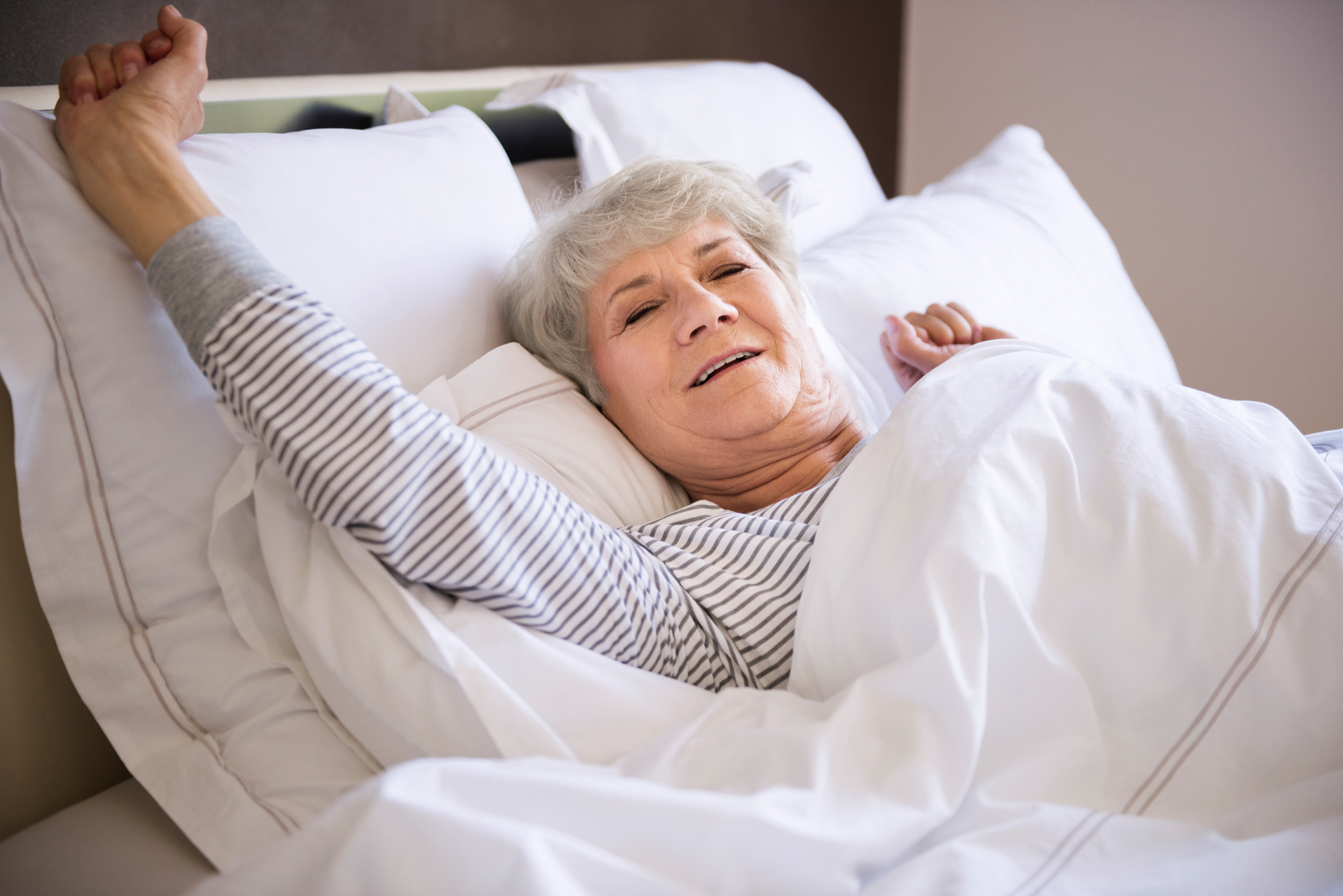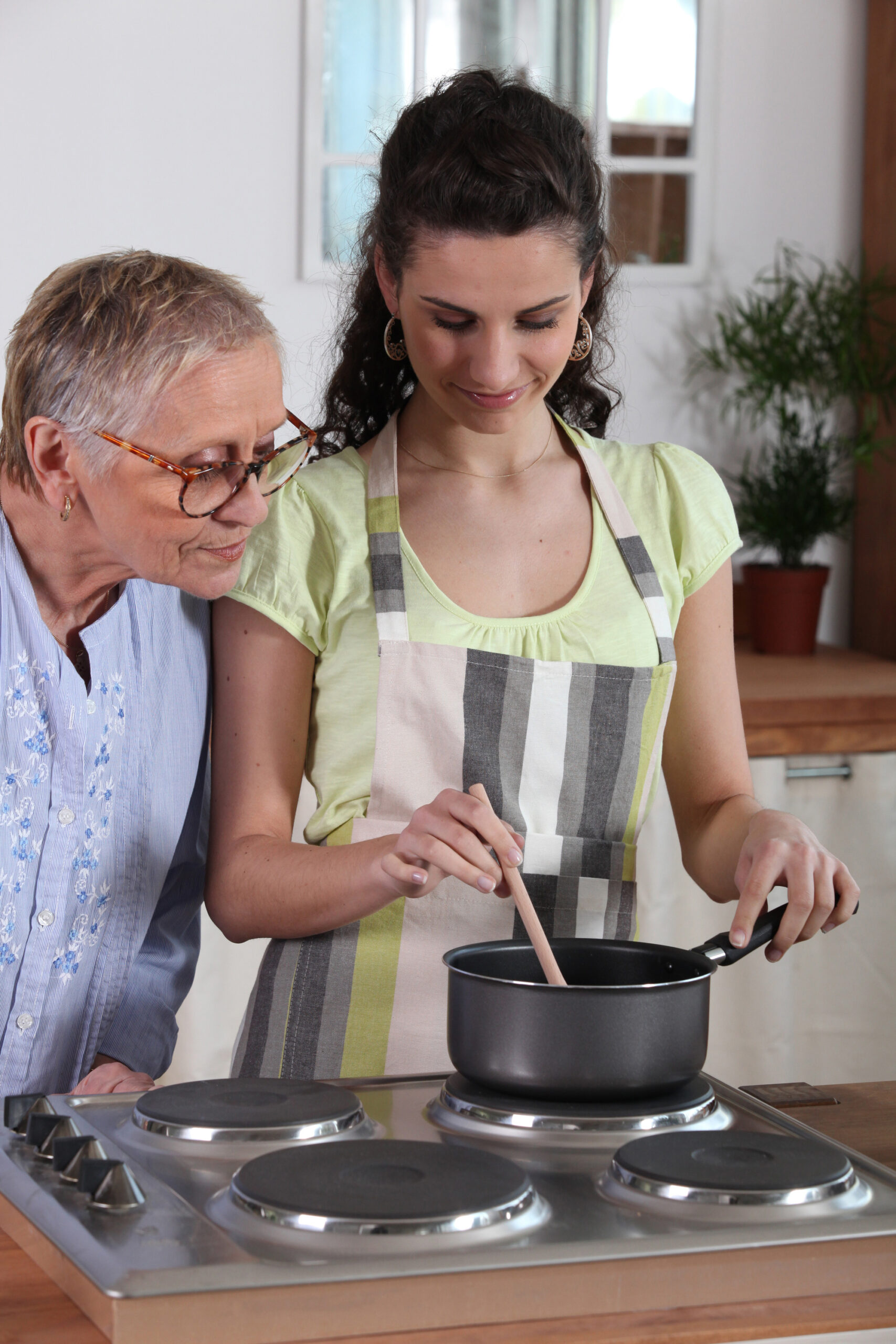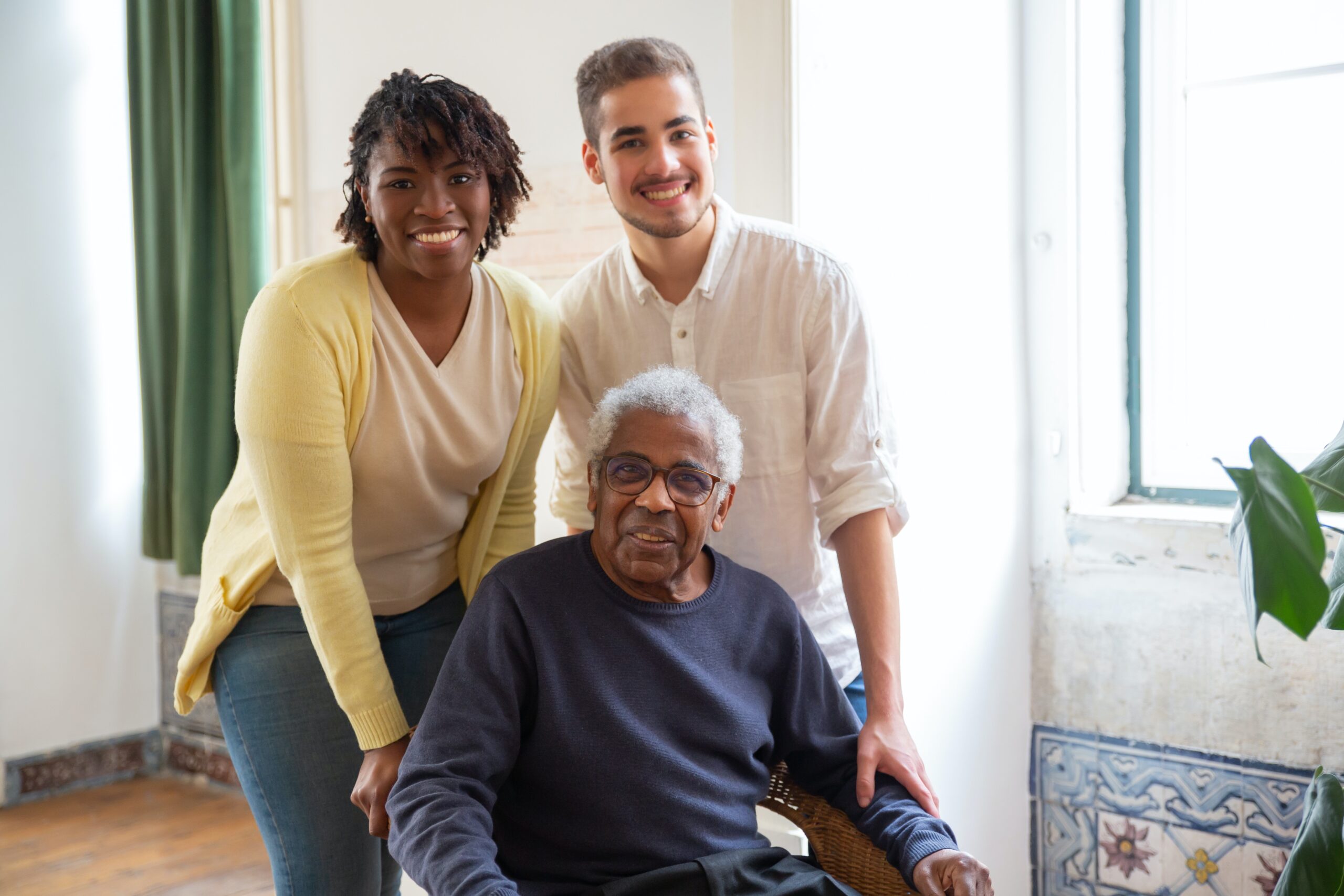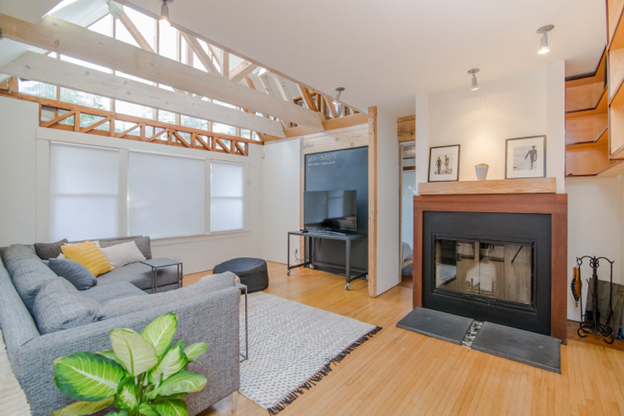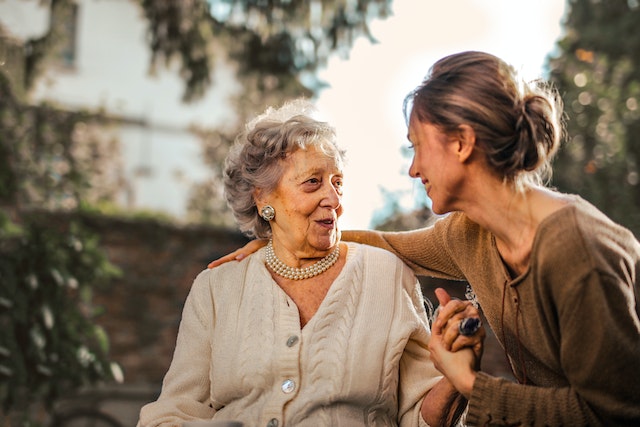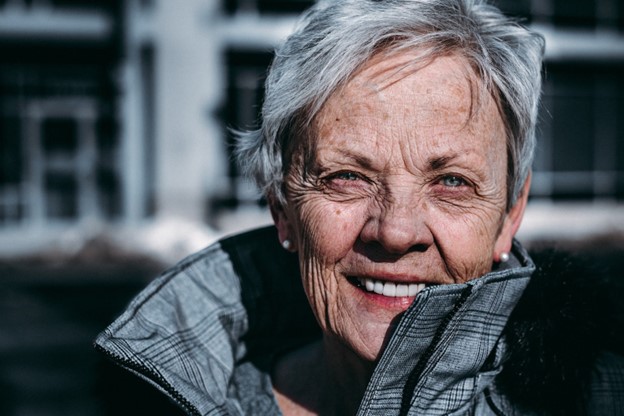Authored by: Martin Desmond Photo courtesy of Pixabay
When you hear the term ‘smart home’ you might think of high-tech properties fitted with the latest gadgets. But a smart home is just a space with a few remotely operable fixtures. Smart technology is designed to improve everyday life, it’s there to make the little things easier to manage. Therefore, it makes sense that smart homes can help the elderly. But how exactly can they assist senior citizens?
Smart technology helps the elderly live independently. There’s a range of internet-connected devices that can keep older people safer in their own homes. Gadgets are also available to reassure family and friends that they will be alerted in an emergency.
Smart Doorbells for Security
Wi-Fi connected doorbells come with cameras so you can see the caller before opening the door. The doorbells also have a voice connection enabling you to speak to the caller. Relatives or neighbors can check too – an alert will sound on a nominated person’s phone who can also see who is at the senior’s door. If you don’t like the look of the visitor, keep the front door locked.
Smart Locks and Bolts
These locks are activated via an app on a tablet or phone, so if a senior struggles to get up, expected visitors can be given access. Smart locks can also be programmed to let specific people in, such as a carer or a neighbor.
Internet Connected Alarms with Cameras
Reassuring for relatives, a smart alarm sends an alert to nominated phones. The family will immediately know if a door or window is opened. With cameras installed, the property is monitored remotely and action is taken if required.
Automated Lighting
Smart lighting is connected to the internet and can be operated remotely or scheduled to come on at set times. Lights can also be voice-activated if connected to a virtual personal assistant such as Amazon’s Alexa. Lighting can help prevent stumbles and falls at night, and it can help elderly people feel more secure on their own.
Medical Reminders
Virtual personal assistants like Alexa can be set as a reminder to take medicine. If an elderly person takes several different pills spread over the day, it’s easy to miss a medication or accidentally repeat a dose. A reminder helps keep the dosage regulated.
Medical Alert Systems
Medical alerts are there to help seniors call for help when needed. Worn around the neck or wrist, the device detects when medical attention is required and contacts a designated family member. It can also link with emergency services.
For elderly people diagnosed with heart conditions, a smart EKG monitor keeps track of the heart functions and can quickly detect anything irregular. The information is sent to a medical team to review and can help diagnose problems remotely.
Smart diabetes monitors read glucose levels and send alerts to a phone when action is required. The readings can be shared with a family member which is reassuring and helpful.
Keeping Connected and Involved
A senior living alone can manage better when they are connected to the outside world. Ease loneliness and isolation with a virtual personal assistant. Whether it’s an Amazon Echo or a Google Home, there’s a lot you can do with one of these smart devices to stay in touch. Voice activation gives anyone with mobility issues control without the struggle. What can a virtual assistant do?
- Play a favorite radio station or program
- Select tunes from a loved genre of music
- Update the daily news for local or national areas
- Play audiobooks
- Search for podcasts on specific subjects
- Set calendar reminders for birthdays, anniversaries, events and appointments
Devices with a screen, such as Echo Show or Portal, connect people via video calls. This is a game changer if you have family that live miles away. Seniors can be much more involved with everything that goes on.
- Join video calls with old friends, neighbors, grandchildren, siblings and children
- Read a story to the youngsters
- Share cooking tips as you prepare a meal
- Watch TV shows together and share reactions
- Show off your garden or view
- See other’s outfits before they go out for a party or event
For relatives, it is reassuring to see how the elderly family member looks via a screen; are they well, eating right and looking after themselves? Screen connections help to keep an eye on things.
Summing it all up
There’s no doubt that smart home technology can be helpful for seniors and the people around them. If you’re worried that the gadgets might be too difficult to manage, take a closer look at what’s available. Many devices are designed for ease of use. Help might be required when initially setting things up, but after that, the elderly can enjoy independent living with added reassurance.
AuthorBio: Martin Desmond is the co-owner of Wizer, a company that sells and installs solar panels in Ireland. He loves to use smart home technology in his own home and feels that it is great for the elderly living alone.

